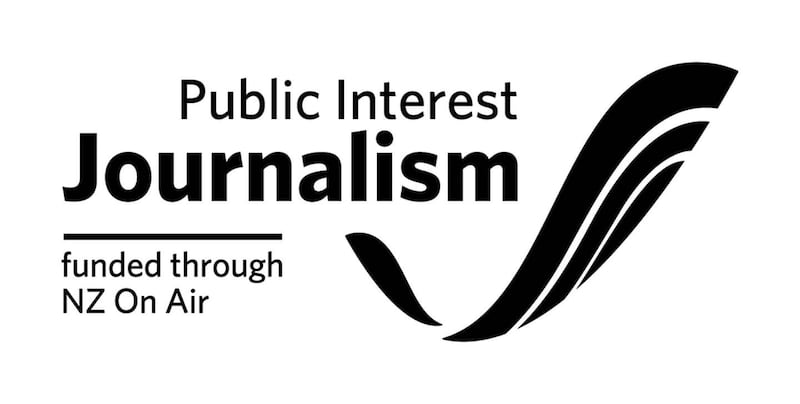Demonstrations are taking place across the motu today as primary care nurses hold rallies in five centres over pay issues with Te Whatu Ora Health New Zealand - formerly the DHBs.
The rallies include nurses in areas of the health system such as general practices, Plunket, Māori and iwi health providers, urgent care and after-hours emergency centres.
The rallies are happening right now in the following locations:
- Auckland: Corner of Memorial Drive and Gt North Road, New Lynn.
- Tauranga: Red Square (bottom of Devonport Road).
- Hamilton: Garden Place, Victoria Street.
- Wellington: Midland Park, Lambton Quay.
- Christchurch: Riverside Market.
NZ Nurses Organisation kaiwhakahaere Kerri Nuku (Tainui, Ngāti Raukawa) says the pay disparities for primary care nurses is “10 to 30 percent different from their colleagues”, and calls the pay disparities “unfair and unjust”.
“[The rallies] don’t distract from the fact that we’ve got nurses in the rural communities who are going out and expressing their concerns too. But this is about making the public aware of the crisis."
Getting the public involved
The rallies are to make the public aware, get them involved, and take away the assumption that primary care nurses get paid the same as other nurses.
Postcards will be given out at these rallies for people to put down their names, addresses, and concerns, and also rating cards for people to rate the government on how they are delivering primary care.
“We’ve talked for a long time about shortages but this is about asking for the public’s opinion.”
Nuku says she hasn’t seen any change from the government’s health reforms and didn’t expect change overnight on July 2 when the reforms kicked in.
“We should have the resources regardless of where you worked to be able to do our job – that’s at the heart of this. Not just about pay but about recognition and support, how do we resource all nursing services better than what we are.”
According to Associate Health Minister for Maori Peeni Henare there has been a 60% increase in the number of Māori students enrolling in bachelor-level nursing programmes, and efforts are being made across the board to boost Māori participation. But Nuku is not seeing this either.
“How do we integrate a different grade of understanding Māori realities in the workplace? It’s the whole system that needs to be considered, not just an entry point.”


